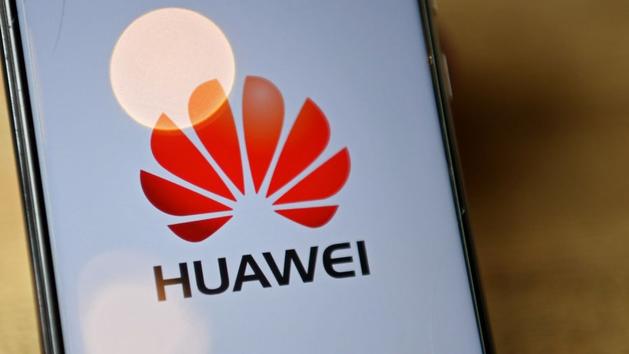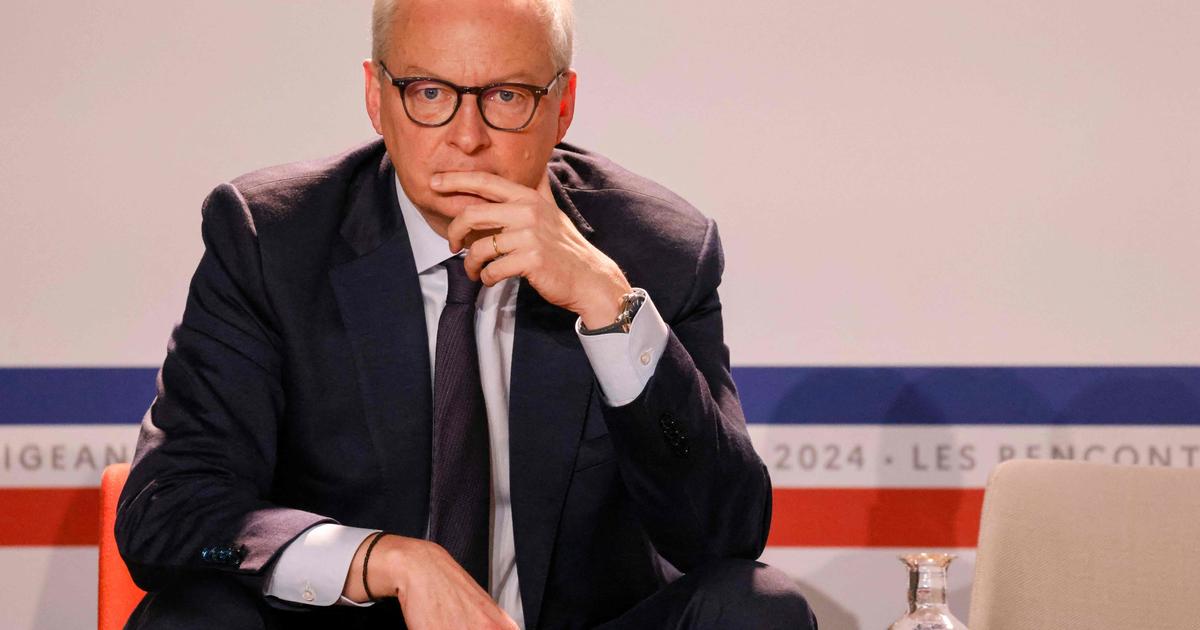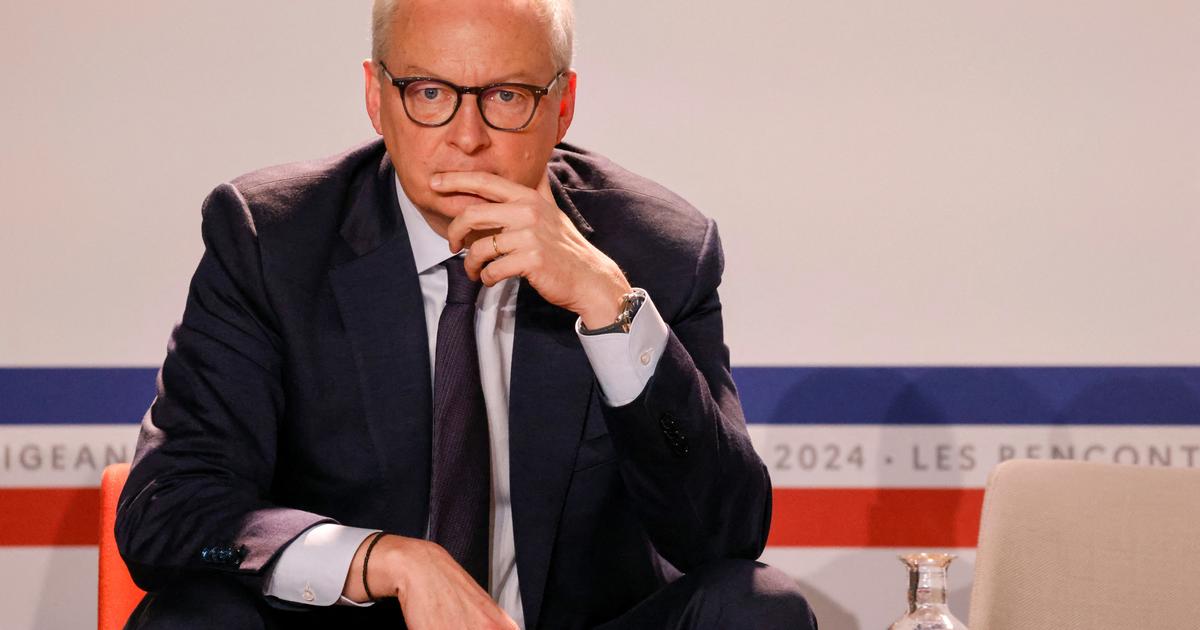Cyrille Dalmont, associate researcher at the Thomas More Institute.
The question of 5G and the access or not of Chinese operators, Huawei in the lead, to French networks is igniting the public debate. Let's try to see it clearly. On Tuesday July 21, the Minister of the Economy Bruno le Maire declared on France info: "We are not prohibiting Huawei from investing in 5G", ruling out any "discrimination against any operator whatsoever. ".
But he immediately corrected his remarks by affirming that the executive intended to protect France's “national security interests” , referring to the measures mentioned, and reported by Les Echos, by Guillaume Poupard, director of the ANSSI (National Agency information systems security) which could potentially lead to Huawei being forced out of sensitive parts of the French 5G network by 2028.
Trump Administration Affirms True Digital Sovereignty Strategy and Defends U.S. Interests on the Global StageThese technical measures, half fig, half grape, more or less revisable and more or less assumed, which try to preserve appearances as regards compliance with the rules of European competition law (breach of equality and non-discrimination), are the sign of a government which does not choose and which refuses to take a sovereign act, clear and strong. They testify to the refusal to take seriously the idea of French digital sovereignty (or European, we will come back to this). A week after the British government decided to exclude Huawei from the construction of its 5G network by privileging its sovereignty and its internal security, France smirks and remains unable to take a clear position against China.
Some international observers were certainly quick to explain that the British decision was based mainly on the cooperation relations between London and Washington, suggesting that the decision would be revisable in the event of Donald Trump's defeat in the American elections next November. Yet whatever one thinks of it, it must be recognized that the Trump administration is affirming a true strategy of digital sovereignty and defending the interests of the United States and its companies on the world stage.
Indeed, an embargo was decreed on May 15, 2019 concerning the Chinese firm Huawei, accused of spying for the benefit of the Chinese government, de facto prohibiting American companies from working with the Chinese manufacturer. This embargo was tightened last May and now applies to suppliers based outside the United States, as soon as their products or services use American technologies, be it intellectual property, software or production equipment.
In the top twelve of global smartphone companies, nine are Chinese, none are European.Although the American embargo policy is questionable on many points (especially in matters of extra-territoriality), it has a real consistency and is based on a realistic vision of the world in which the nations have ambitions and interests which are theirs. are clean. It is therefore indeed a real economic, technological and geostrategic war that we are witnessing. A war in which the United Kingdom has chosen its camp, unlike France.
China, for its part, does not intend to stop there. And, even if the blows carried by the Americans and the British are severe, it has already circumvented part of the problem by projecting for export (in less than two years) several new brands of mobile telephony which are also present on the market. connected objects and of course 5G. Thus, the Chinese giant BBK Electronics, with its brands Oppo, Vivo, OnePlus, Reno and Realme, has quite simply become the second smartphone manufacturer in the world, behind Samsung and ahead of Apple. Xiaomi, still recently unknown to the general public, occupies fourth place in the world. But more worryingly, in the top twelve of the world's smartphone companies, nine are Chinese, none are European.
To read also: Thomas Reynaud: "The recovery plan must include as an objective very high speed for all"
China does not hide its ambitions in terms of technological conquest with a proactive policy of export dumping but also through its "social credit" programs which assign ratings to international companies in order to give them access or not to their indoor market. The capture of rare earths in Africa or the creation of a favorable ecosystem in friendly countries with the creation of the "new silk roads" complete the package.
And France in all of this? Or rather: and the European Union in all this? Because it is at this level that we should reason. Far from being inspired by the example of the United Kingdom, which Brexit and the stated ambition to bring about a "Global Britain" do not prevent a renewed desire to defend its national sovereignty, Brussels is, in this regard. area as in so many others, more than timorous. The common market seems to remain its only horizon. Contenting itself with absorbing products from around the world in a market reduced to a simple free-trade zone for the benefit of an anonymous consumer of low-cost products, it offers no economic alternative, nor any specific geostrategic vision. At this stage, the declarations of Thierry Breton, European Commissioner for the internal market of July 1, affirming that “we must ensure the digital sovereignty of Europe” remain wishful thinking.
By refusing to become a real major digital player which would require setting up an independent European "ecosystem" combining investment, research, industry, vectors of dissemination and customs measures, it condemns itself, as well as its Member States which find themselves between the hammer of globalization and the anvil of European standards which prevent them from resuming the major projects which made the success of the ECSC, EURATOM and the EEC in their time. Bruno Le Maire's statements are a perfect illustration of this.
The coronavirus has largely shown us how quickly digital technologies for processing mass data can become liberticidal.However, it would be imperative to renew with major interstate cooperation projects in order to bring out European champions in the fields of telecommunications, optical fiber, communications satellites, social networks, online sales, research, connected objects and artificial intelligence and impose our values to defend them in the context of globalization. To this end, we could promote the creation of European Economic Interest Groupings (EIGs) through incentive measures such as special European economic zones, and thus promote European reindustrialisation, or European Public Interest Groups in military or related fields. threat to national security.
To read also: “European digital sovereignty deserves a strategy, not incantations”
The global health crisis has also largely shown us to what extent digital technologies for mass data processing can quickly become liberticidal and infringe upon fundamental rights, as the Thomas More Institute has expressed concern in these columns. If we cannot escape them, it is imperative to be able to control and master them. Which is not possible with technologies developed in other parts of the world.
If Europe continues in its blindness, it will soon have only one choice: that of the master it wants to serve.















